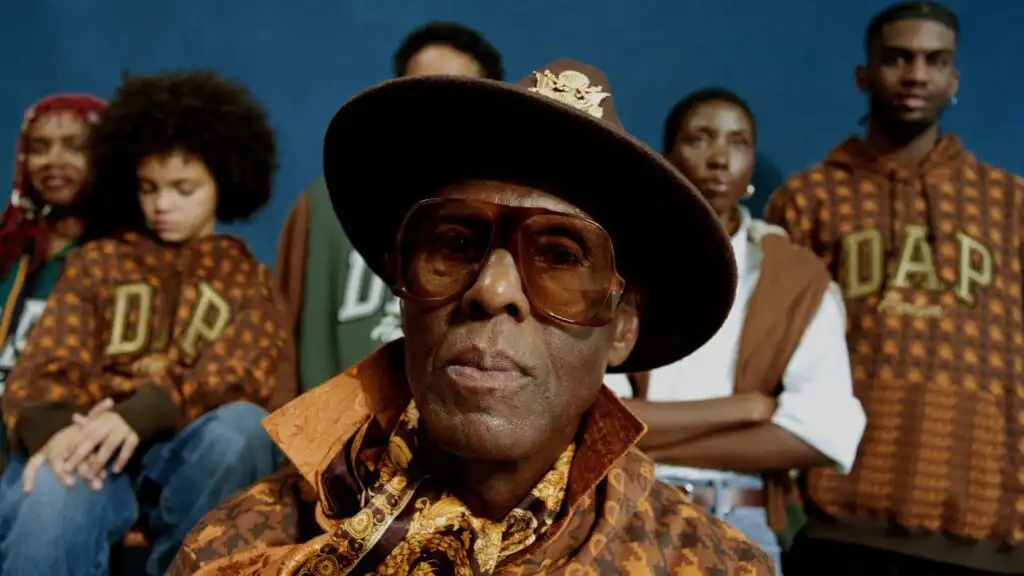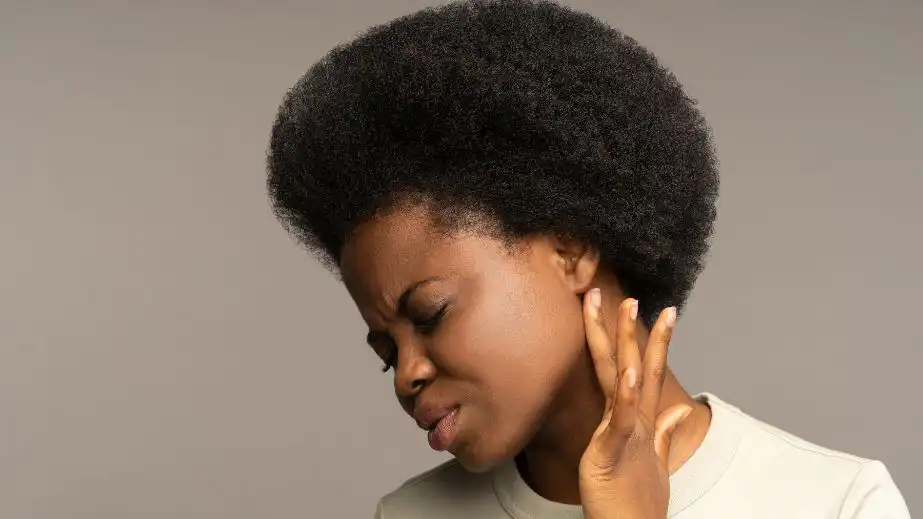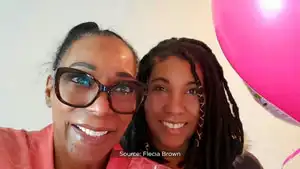Healthy is Wealthy
Colorectal Cancer Awareness: Why Early Screening Matters for Families Like Mine
Cancer has affected me and my family deeply. On both my mom’s and dad’s side, we’ve battled everything from ovarian cancer to breast cancer, and it’s shaped the way I see life and health. At Mastuhree Brand, part of my mission is to use creativity and voice to shine light on important issues that hit close to home. And one of those is the rise of colorectal cancer—a disease that’s now showing up more often in younger adults. Your body talks to you and give you signs, we just have to pay attention and listen.
The Alarming Rise of Colorectal Cancer in Young Adults
In recent years, more colorectal cancer cases in adults under 50 are being diagnosed. This isn’t just about better screening—it’s part of a troubling trend that’s been building since the mid-1990s.
- In 2018, the American Cancer Society lowered its screening guidelines, recommending average-risk adults get screened starting at age 45 instead of 50.
- By 2021, the US Preventive Services Task Force followed suit, also lowering the starting age to 45.
These changes mean more people are catching cancer earlier, but they don’t explain why younger people—including those under 45—are facing higher rates of colon and rectal cancers.
Experts point to possible causes ranging from environmental toxins, microplastics, ultra-processed foods, lifestyle factors, and gut health changes. But the truth is, the full picture isn’t clear yet.
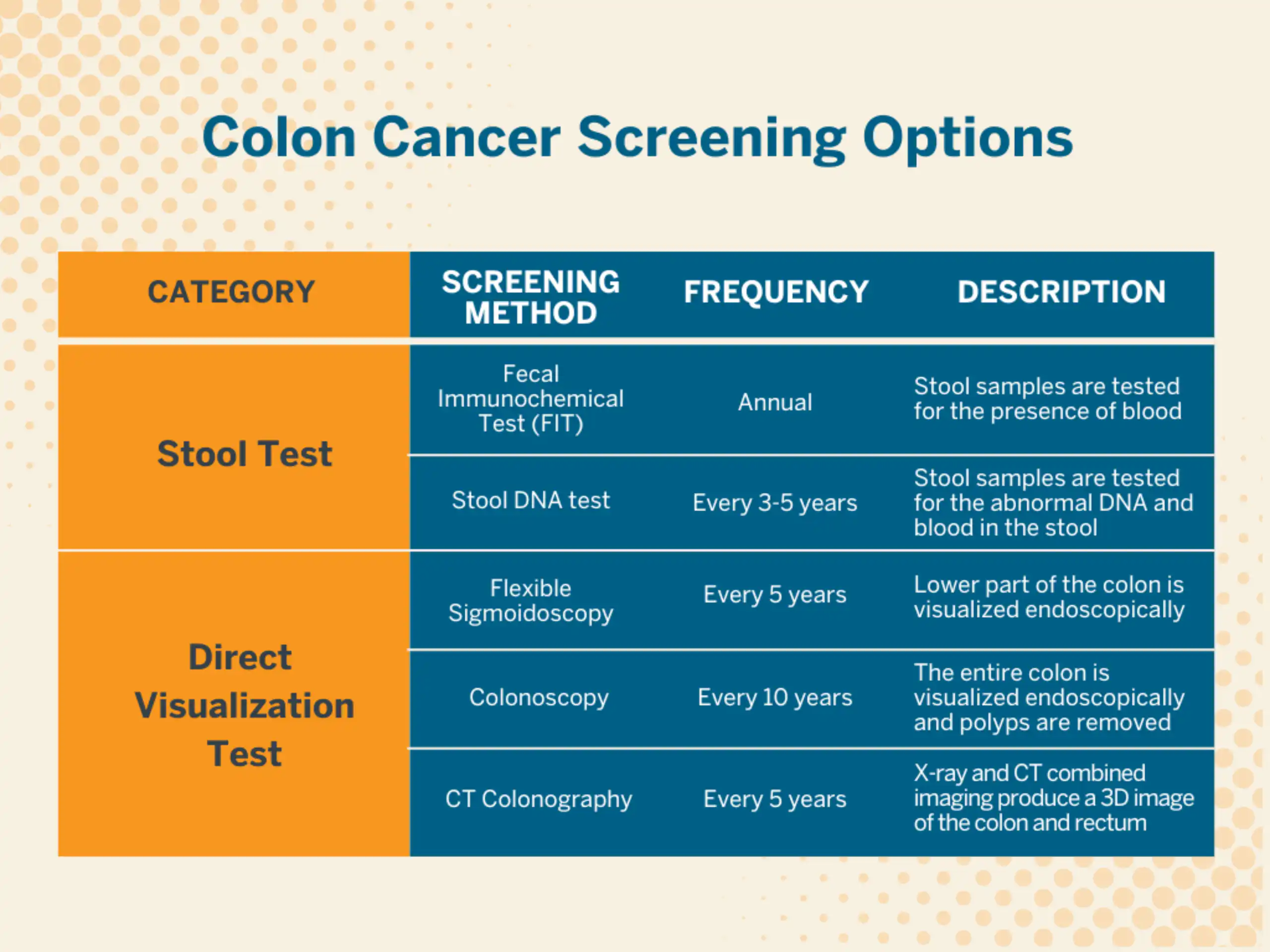
Why Screening Saves Lives
Research published in JAMA in 2023 found that screening rates among adults ages 45 to 49 jumped from just 20% in 2019 to nearly 34% in 2023. That’s progress—but not enough.
Catching colorectal cancer early can mean less invasive treatment, higher survival rates, and saved lives. Early-stage cancers are easier to fight. Late-stage ones are not.
The most common symptoms to look out for include:
- Rectal bleeding (the most common warning sign)
- Persistent abdominal cramping or pain
- Changes in bowel habits or stool shape
- Unexplained weight loss or loss of appetite
Too many young adults ignore these symptoms—or worse, are dismissed by doctors. Stories like Kelly Spill’s, a 33-year-old who was diagnosed with stage III rectal cancer, highlight the importance of self-advocacy. If something doesn’t feel right, push for answers.
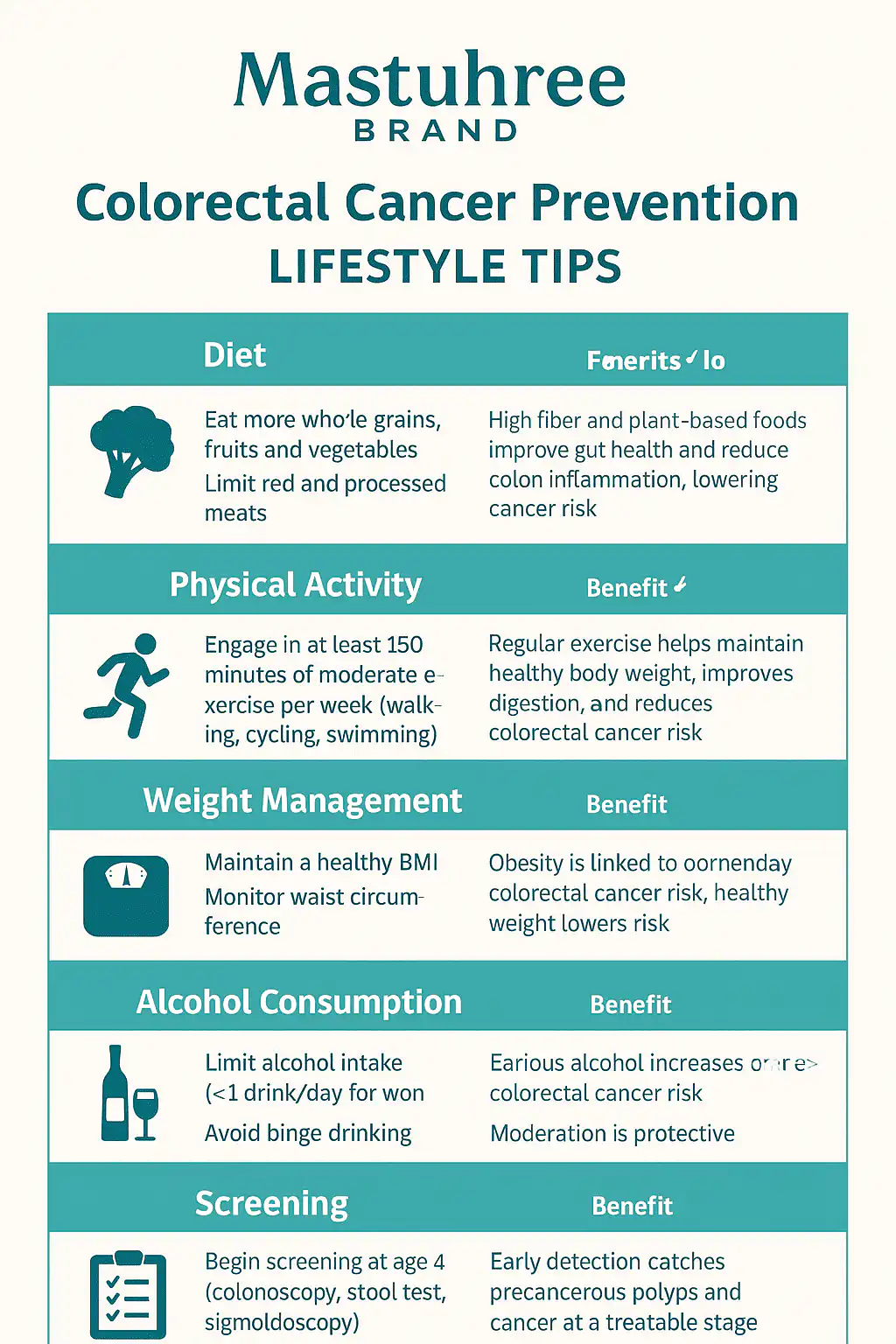
How to Reduce Your Risk of Colon and Rectal Cancer
The good news? Colorectal cancer is one of the most preventable cancers. Almost all cases begin as polyps, which can be detected and removed before they turn cancerous.
Current screening options include:
- Fecal stool tests (annually or every 3 years)
- Colonoscopy (every 10 years for average-risk patients)
- Virtual colonoscopy (every 5 years)
- Sigmoidoscopy (every 5 years)
Beyond screening, lifestyle changes matter. Experts recommend:
- Avoiding smoking and excessive alcohol
- Staying physically active and maintaining a healthy weight
- Eating a fiber-rich diet with whole grains, fruits, and vegetables
- Limiting red and processed meats, sugary drinks, and refined grains
According to the American Cancer Society, over half of colorectal cancers in the U.S. are linked to lifestyle risk factors—meaning we have more power to lower our risk than we think.
Why This Matters to Me and Mastuhree Brand
When I talk about cancer, it’s not just statistics—it’s personal. I’ve seen what ovarian cancer, breast cancer, and other forms of cancer can do to family and friends. This is why Mastuhree Brand is more than just fashion—it’s a platform to raise awareness, inspire conversations, and support causes that matter.
If sharing this message helps even one person catch cancer early, it’s worth it.
Connected Articles
Most Popular
Healthy is Wealthy
Healthy is Wealthy
Healthy is Wealthy
Culture Family Healthy is Wealthy Lifestyle
Healthy is Wealthy More In Healthy is Wealthy
Your ultimate guide to best things for mental health
Antioxidants for Alzheimer’s Disease
Mental Health Matters
27 Years On: A Son’s Journey Through Ovarian Cancer — Symptoms, Support & Hope
Cancer Funding Research
So more products & engaging content
- Expression TShirts
- Hip Hop Tees
- 10 Breast Cancer Prevention Tips
- Health is Wealth Lifestyle
- My Fear is My Courage
- No Fear Angelica
- Et. Fini
- A Son’s Journey
- Lots of Love Tee
- Toile Of Triumph
- Fly Above It All
- Cancer Freedom
- Tiffany James Building Wealth
- Alzheimer’s Disease
- Sports Agent











